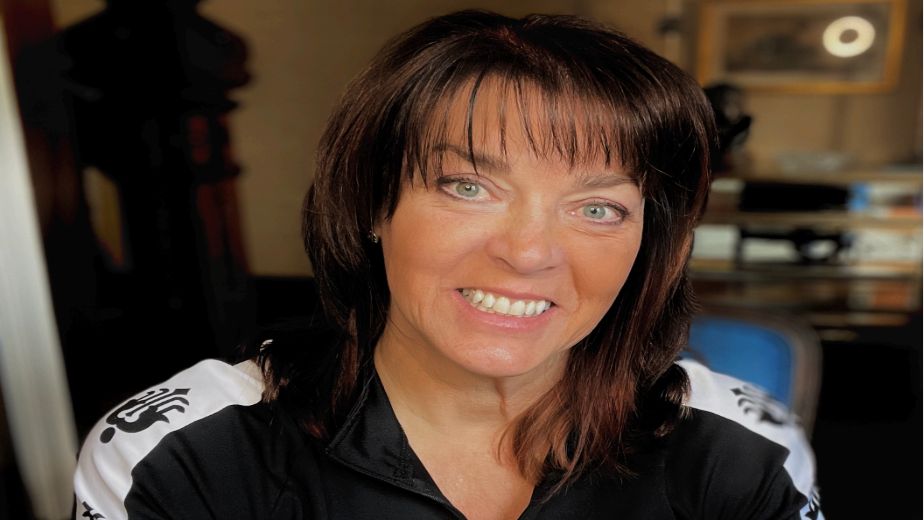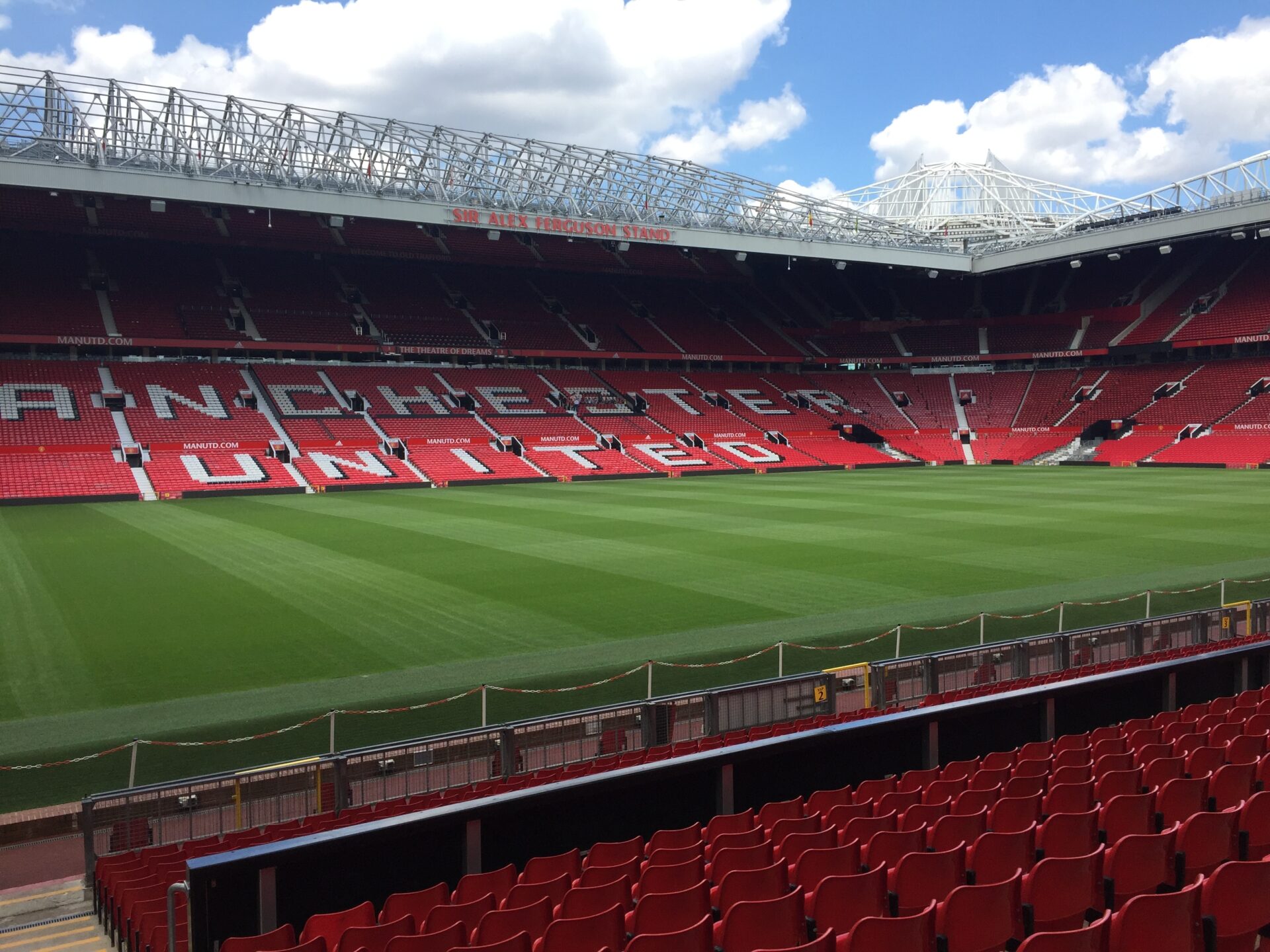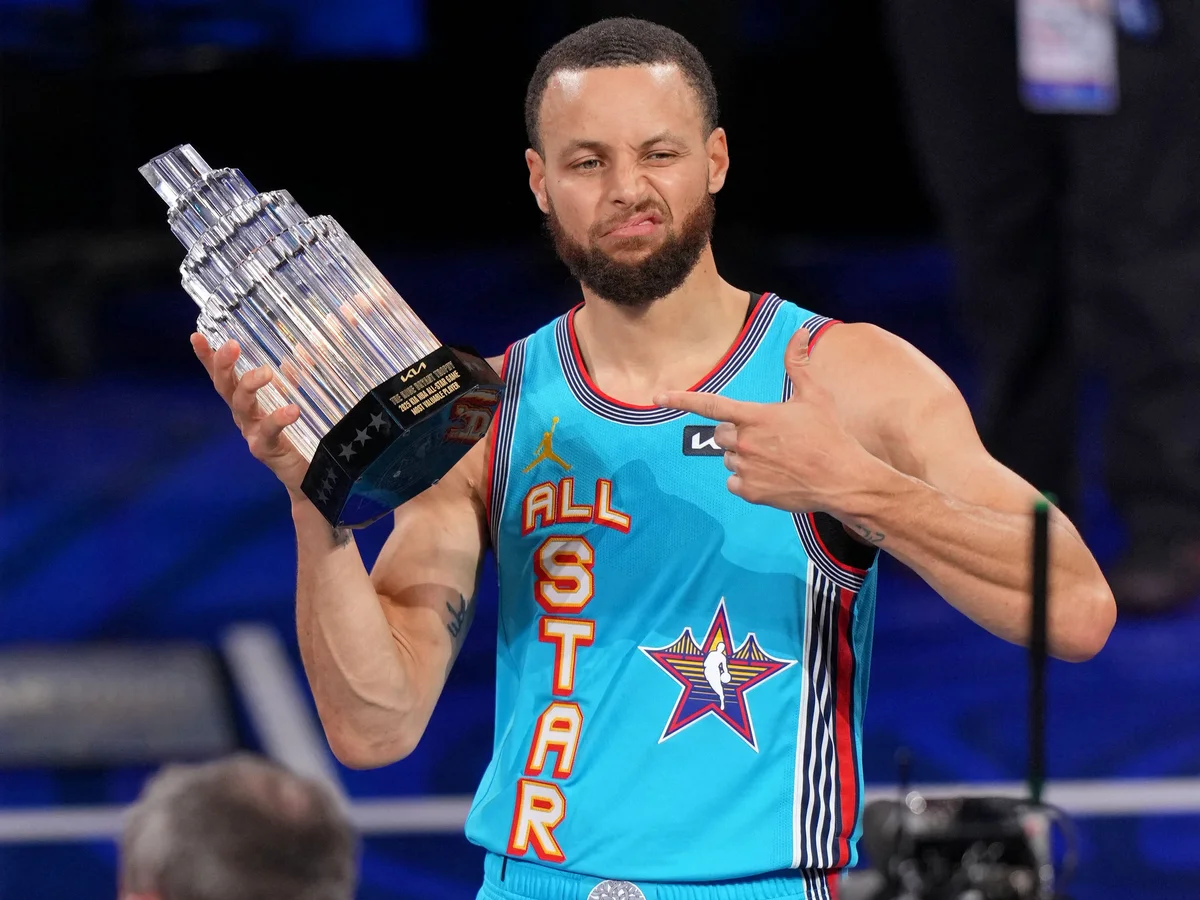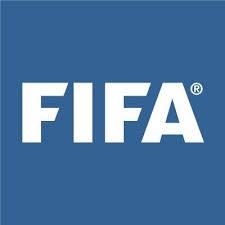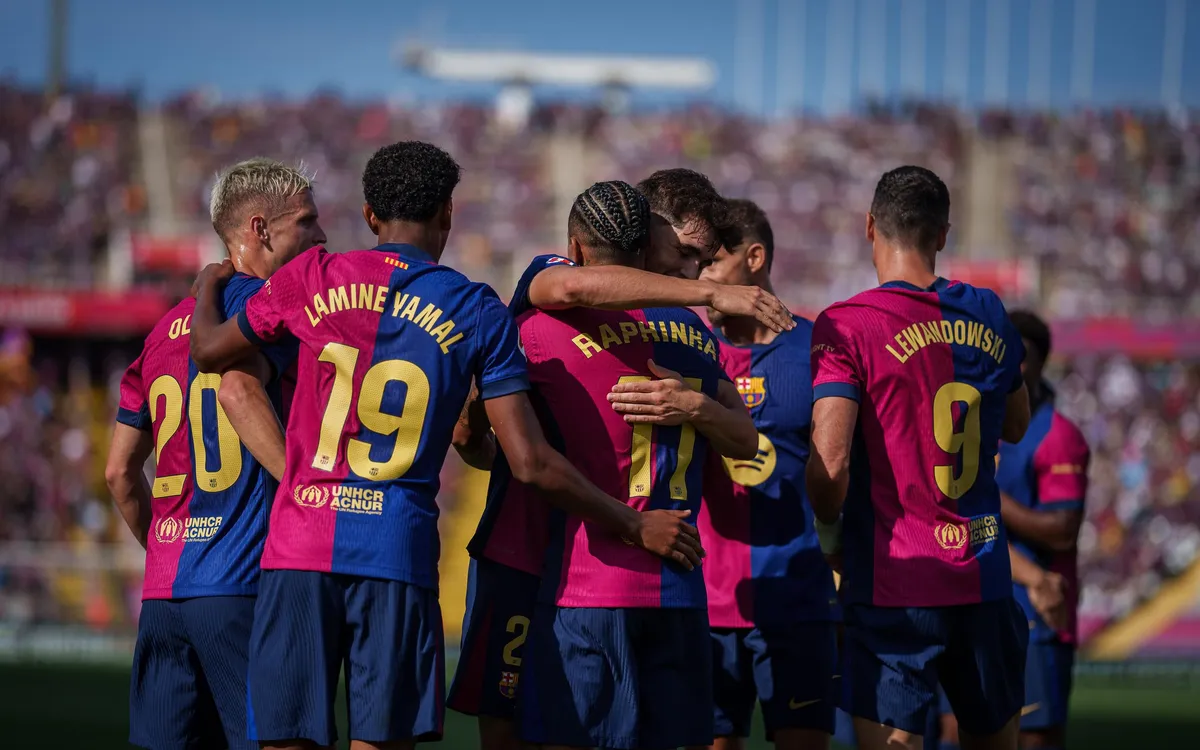The Para Rowing Foundation was established to help para rowers pursue excellence in the field. Providing them with opportunities, intense training, honed equipment and coaching is helping para rowers achieve their potential and compete at the biggest stages in the world. The sole mission of the organisation has been to remove the barriers of development of para rowers and help them meet the high demands of the sport.
In this exclusive interview, Marilyn Koblan, Co-Founder of the Para Rowing Foundation speaks about being inspired to come up with this initiatives and her objectives, helping para athletes meet the demands for the sport, overcoming challenges, milestone achievements and future goals.
Q 1) As Co-Founder of the Para Rowing Foundation, what inspired you to come up with this initiative and what are your objectives?
I began the Para Rowing Foundation with a co-founder after realising that I was able to try the sport of rowing as an adult and other people were not able to have the same opportunities that I had to give sport a go. Athletes with disabilities needed a chance to be able to try the sport, explore their athleticism and see if they could be athletic as well. Either after recuperating from an injury or trying it for the first time. As a female athlete, I often came across the word no, and because of who I was, I couldn't try a particular sport because of who I was. That was the sort of my inspiration for giving other individuals with disabilities a way to explore the sport.
Q 2) How is the Para Rowing Foundation helping athletes meet the demands of the sport?
Well, we offer opportunities by creating them and also supporting opportunities that exist for athletes with disabilities within the sport of rowing. With expertise in para experience coaching, individualised equipment and some medically informed information that we can also pass along to coaches to help them have their athletes reach their fullest potential and hopefully help para athletes pursue this sport to whatever degree they want. We often will work with people who have started right out of rehabilitation after an accident or a trauma. all the way up to people who are Paralympians and are already at the Paralympic level and trying to give them more experience together, more opportunities for coaching and let them pursue their sport to their ultimate degree, their ultimate potential.
Q 3) What are some of the biggest challenges that you have faced as Co-Founder of the Para Rowing Foundation? How did you overcome them?
I think COVID was a challenge for everyone. We started as an organisation, our first training camps were in 2019 and the very next year was 2020 which is when the pandemic began. At first, that was a big stumbling block, how do we reach athletes? How do we get them the experiences that we were hoping to create an offer with them, and as it turned out, 2020 then created a pivot moment for us where we were able to reach athletes globally, and have virtual competitions, support para athletic competitions virtually and then also, we started to offer travel and training grants for people that were attending qualifiers in Gavirate, Italy where the Paralympic qualifiers were occurring and support coaches and athletes in that way so that they had that finances weren't the barrier as it’s obviously an expensive sport and anything we could do to assist with that and remove that barrier, make it less of a barrier so they can participate.
Overcoming it sort of happened because we had no other alternative. We could not do training camps around the world because our vision was that we would bring para athletic training and equipment and training camps around the world to where athletes were and so we had one in Portugal, we had had one in the United States and Vermont and all of a sudden the world closed down and we couldn't do that anymore. In a way it actually broadened our influence in being able to help athletes and those that support them to do more by making those pivots.
Also read: Nigel Smith is changing India's cycling culture one step at a time
Q 4) What are some of the milestone achievements that the Para Rowing Foundation has achieved so far?
There are two that I can think of on the opposite end of the spectrum, one is, we watched the Paralympics and Tokyo and watch the rowing events and were able to cheer for seven or eight athletes from different nations around the world, pursuing their medals in this phenomenal experience that they're having at the Olympics and and just that expanse of being able to cheer for people no matter what country, no matter what club, that was a great, great joy I have to say. Then on the on the other end of experience on that spectrum there was a rower who wanted to learn how to row but had never done it before, and the Para Rowing Foundation found an experienced coach, provided the equipment and shipped it to them so that they could borrow everything that they needed to be able to give the sport of para rowing a try. I would have to say both are equally moving to me because our goal is to grow the sport.
Q 5) What are your short and long term goals for the Para Rowing Foundation? How do you plan to achieve them?
Some of the short term goals are to get up and up and moving again this year in-person with athletes and meeting in small group trainings, which is also sort of a pivot for us so that we can make sure everybody's safe stays safe and healthy while being in-person again, because the experience of having a coach share their knowledge in person and bringing a community together, cannot be substituted for and so that would be our short term goal this year. Regarding the long term goal it would be to continue to have a broader expanse of ways that the Para Rowing Foundation can help support athletes with disabilities and those that work in that arena to make the community broader and stronger and have people who are not involved in the sport understand the athleticism required for somebody to be able to row down a 2000 metre course, using part of their body instead of their whole body to row.
I think our long term goals are to be involved with a lot of global initiatives and amplify things and be able to be part of the dialogue that brings para rowing to within the realm of of sport discussions and I appreciate the opportunity to talk to your group, I noticed that rowing is something that would be a newer conversation and the fact that you reached out about rowers with disabilities is amazing and wonderful and I'm excited for people to learn more about it and they can always reach out to us as well if they have questions.


